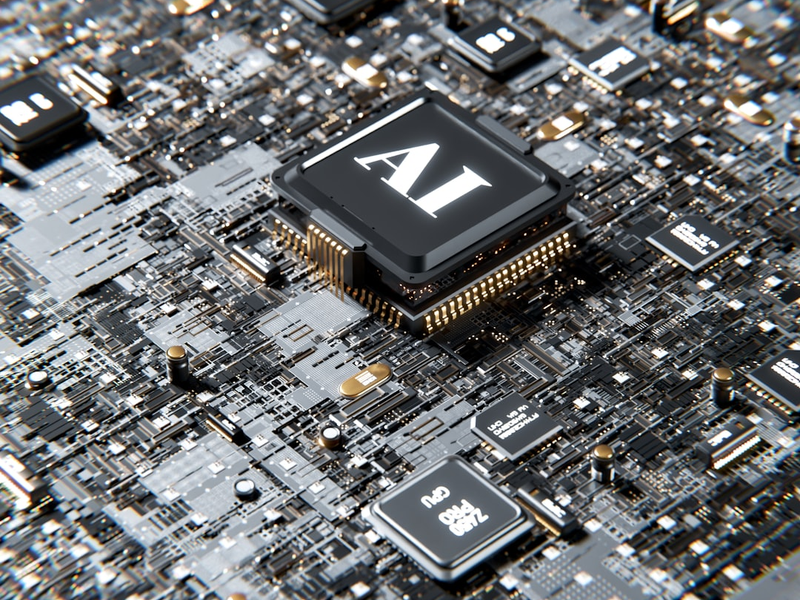AI is Revolutionizing Physics Research, and It's Wild

Photo by Igor Omilaev on Unsplash
Artificial intelligence is transforming scientific research in ways we never imagined, pushing the boundaries of physics experiments and challenging traditional research methods.
Researchers are discovering that AI can design experimental protocols that not only improve upon human physicists’ work but also generate completely novel approaches that scientists might have overlooked. At the California Institute of Technology, physicist Rana Adhikari and his team used AI to potentially enhance gravitational wave detector sensitivity by up to 15 percent, a massive leap in a field where precision is measured at sub-proton scales.
The AI’s design process was initially bizarre, producing complex layouts that seemed incomprehensible to human researchers. “The outputs looked like alien things,” Adhikari explained. Despite initial skepticism, the AI’s configurations proved remarkably effective, utilizing theoretical principles that had been dormant for decades.
Beyond experimental design, AI is also proving instrumental in data analysis. Machine learning models are uncovering hidden patterns in complex datasets, such as identifying symmetries in particle physics experiments and predicting dark matter distribution. While these AI systems aren’t yet generating groundbreaking theoretical insights, they’re demonstrating remarkable potential.
Experts like Kyle Cranmer from the University of Wisconsin-Madison compare current AI research to “teaching a child how to speak”, a process requiring constant guidance and refinement. However, the potential is enormous. As large language models like ChatGPT continue to evolve, the possibility of AI generating scientific hypotheses seems increasingly plausible.
The integration of AI into physics research represents a paradigm shift, challenging long-held assumptions about scientific discovery and pushing the boundaries of human knowledge. As these technologies advance, we may be witnessing the early stages of a profound transformation in how scientific breakthroughs are conceived and realized.
AUTHOR: mls
SOURCE: Wired
























































